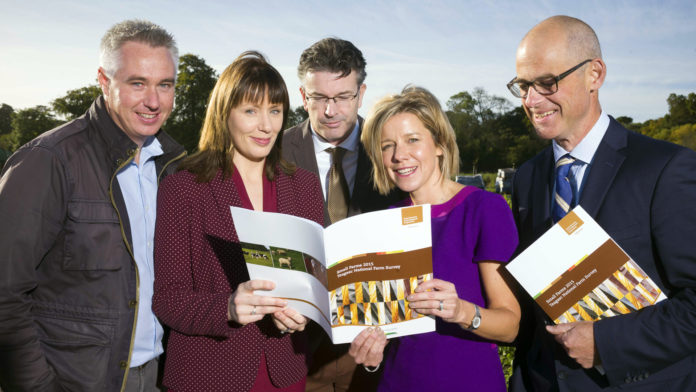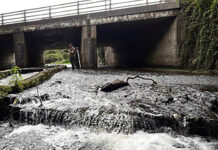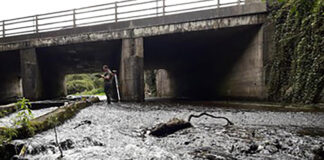
A new Teagasc study has highlighted that half of all Small Farms are in an economically vulnerable position. According to the study the average income on Ireland’s smallest farms is just €2,917, but just 45% of them have another source of employment.
The results come from a special survey of Small Farms by Teagasc. Small Farms were defined as those with less than €8,000 of agricultural output, such as 14 suckler cows or less.
Despite being small, there are over 50,000 of these farms, mostly Cattle and Sheep farms spread across the Border and Western regions, and making up 37% of all farms nationally.
Speaking at a conference on Rural Viability taking place at Teagasc Ashtown, Dublin, today, Thursday, 5 October, Teagasc economist Dr Emma Dillon noted that “The average size of small farms is just 14 hectares and as a result their farm incomes are very low due to both their small size and low intensity of production.”
Although just 45% of operators of Small Farms have an off-farm job, Emma Dillon noted that one-third of them were over 65 years of age with a large number relying on pensions and social welfare.
Despite the low levels of economic viability, Brian Moran of the Teagasc National Farm Survey said that 80% of small farmers said that they planned to continue farming.
The study also examined quality of life in rural areas and concluded that almost two-thirds of small farmers reported deterioration in their sense of security in their home in the last 5 years.
Professor Thia Hennessy of UCC, said: “Although small farmers in general do not report a high risk of isolation, older farmers in particular report reduced access to services, a declining sense of security and up to 40% of them do not have contact with people outside of their home on a daily basis”.
When it comes to the environment, Small Farms perform quite well. Dr John Lynch of Teagasc commented that due to their low level of production Small Farms do not produce high levels of greenhouse gas emissions, a major contributor to climate change, or nitrogen surpluses which impact negatively on water quality.
Finally, Trevor Donnellan, Head of the Agricultural Economics and Farm Survey Department in Teagasc, noted that Small Farms may be important for providing biodiversity and this is an area that warrants further investigation.







